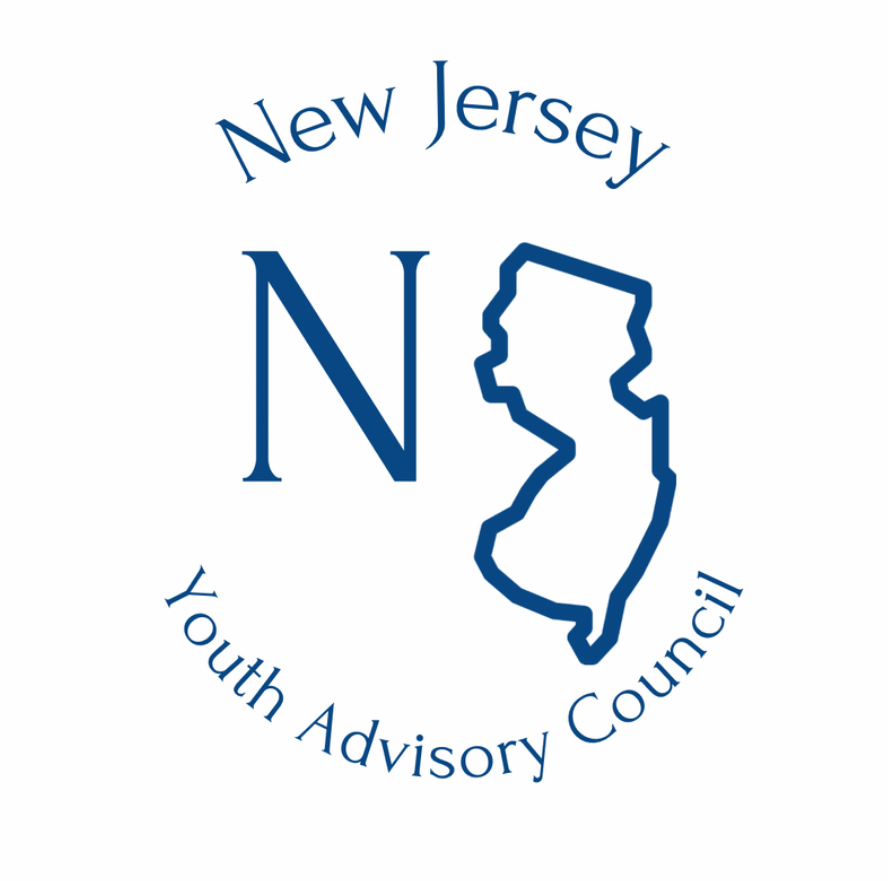About the New Jersey Youth Advisory Council
The 2020 election underscored the influence and power of youth. As we enter a new wave of congressional and presidential leadership in 2021, we must sustain the youth-progressive movement for a brighter, better New Jersey by continuously engaging and mobilizing young people to develop and implement solutions to New Jersey's most dire issues. Therefore, we must build a pipeline for youth to become politically involved— intersecting the immense power of governance and grassroots organizing to enact intersectional, inclusive, and transformative changes for all communities.
The Goals of the New Jersey Youth Advisory Council
- To provide youth with advocacy and legislative experience to encourage them to pursue their political interests by starting a career in the local/state/national government(s)
- Learn how to research and write legislation
- To form a network in which like-minded students can support each other’s organizing and advocacy endeavors
- To foster a more conscientious community of youth advocates in New Jersey
- Help students connect to local community activists and groups, as well as people directly impacted by the issues they are researching to better inform their policy work and the direction of their advocacy
- To give students the chance to engage and inspire youth across the state by hosting civic engagement events (could include voter registration drives, an informational seminar, holding public hearings, a larger “action day” which encourages more students to experience the legislative process, etc.)
- To give students a public platform where they can advocate for awareness or support of particular legislation and issues through media releases, direct outreach, etc.
Composition of Council
Executive Board
Maya Dummett, Denia Smith, Jiahn Son, Marisa Weinberg, and Any Chosen Staff of the Elected Official
Youth Advisory Council
Two students per federal legislative district ranging from the ages of 14 to 22 for a total of 24 students. Students will serve terms lasting two years. After their term has been completed, they are ineligible to serve in the Council again.
Roles and Functions of Council
Executive Board
The Executive Board will be responsible for the oversight, maintenance, and long-term function of the Council. This includes but is not limited to: Improving the framework of the Council, overseeing the application process for Council members, setting goals for the Council, attending and providing support for Council meetings as necessary, collaborating with the Council, ensuring the Council’s longevity, etcetera.
Youth Advisory Council
The Youth Advisory Council will be responsible for being active members who work with the Elected Official and any staff of the Elected Official’s choosing to develop comprehensive pieces of legislation by the end of the year’s legislative session to present to the Elected Official for review, so the Elected Official might incorporate it into their legislative priorities. In addition, throughout the year, the Council will make recommendations regarding legislation they believe the Elected Official should support or oppose, and also general recommendations about issues they believe the Elected Official should address. These recommendations should center youth priorities. Furthermore, Council members are responsible for promoting civic engagement within their own communities by hosting events such as town halls or voter registration and awareness drives and by doing outreach to community organizations to gather information about issues and to learn about the concerns of their communities, as this will be important in considering the factors that go into writing legislation.
Structure of Council
The council will be broken up into smaller committees focused around particular issues. Students will be assigned to a committee based upon their interests and experience. Within these committees, students will collaborate and research to develop their final piece of legislation. If an issue is intersectional, students may work in conjunction with other committees to create a more comprehensive bill. The council will meet virtually over the platform Zoom at least once a month with/without the representative. The Elected Official will meet with the Council at least once a month (this may be during the scheduled Council meeting or outside of it, depending on the Elected Official’s schedule) so that students may share general issues important to youth that they want the Elected Official to prioritize and also to get feedback on their work. The chosen staff of the Elected Official will be present at majority of these meetings as well, and will continually provide guidance, support, and resources to the committees. They will also serve as liaison between the Council and the Elected Official, particularly if there is an event where the council needs to pass along an immediate policy recommendation to the official. In addition, Council members are individually responsible for holding/participating in at least one civic engagement event during the yearly legislative session.
Selection of Council
Council members will be selected through a two-fold process. They will first submit an application online. Then, based on review of applications, the strongest candidates will be called for an interview with the Executive Board and/or the staff of the Elected Official. There will be an emphasis on selecting candidates who fully represent the diversity of New Jersey’s youth population. Potential criteria for selection includes: demonstrated passion and interest in lawmaking, experience with issue advocacy or organizing, engagement in volunteer service, ability to work well in a group setting, leadership experience, and an unique and innovative perspective on issues.
